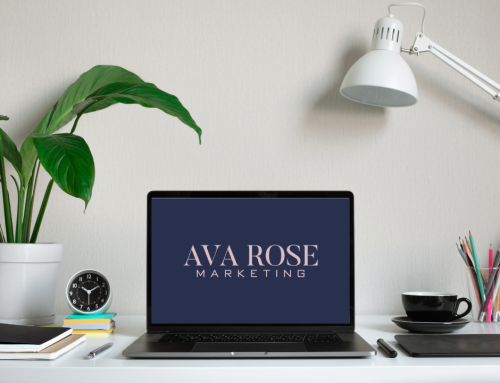You Are Your Own Brand
Personal branding is something that I get questioned about all the time and is such an important aspect when it comes to growing your business, especially if you are the owner or sole person in charge. It’s the difference between coming across as an actual brand rather than just another commodity.
We live in a world where attention is at an all-time low as everyone is easily distracted and companies need to find ways in order to stand out in front of all the noise. Finding the right voice is crucial and gives brands the opportunity to become humanised, which in turn leads to people wanting to feel connected with them.
Selling yourself as well as your brand
Before you have any customers, you have yourself to sell which can be turned into a competitive advantage as your business grows. Who is better than yourself to position as the expert within your company? It breaks down the barriers of communication and builds a stronger and loyal relationship with customers. People want to buy things from people that they like so if you are able to build a strong presence you will be more respected and regarded as knowledgeable within your industry and amongst your customers.
This can also be successful in a business environment and translates well with managers or team leaders (since leaders need to be trusted to lead others). The way that people perceive you and the trust that you garner from your actions can help you to lead a successful team or company.
Touch points for your brand
As you are growing your business, you will want to create brand touch points, through the use of various means of marketing, whether that is digital marketing, PR or more traditional forms of advertising. The aim of the game is to build a relationship with people through your work so that you are always in the client’s sight and they start seeing you in a broader light and who is behind your brand.
When you are your own brand, then why not show yourself? Potential customers can make a more emotional connection to your brand or company when they see who is behind it or hear more about your story or expertise. Avoiding imposter syndrome when your run your own business is so important – believing in what you are doing or selling will speak volumes!
In the long run you will be able to see that it will be much easier gaining customers as people begin to recommend you to friends and family.
Knowledge in your product or service is power
Authenticity is a crucial aspect when creating your personal brand as humans have a desire for things that feel real and honest. If your brand is not coming from an authentic place, people are going to pick that up. In order to stay away from coming across as being artificial, you need to find what your business desires are and overlap them with your passion and true self so that you are comfortable being who you are. One way of achieving this well is to truly be an expert in your business, whether that is selling a certain product, or offering a service. Be the best you possibly can or regularly look to improve your offering in order to consistently attract new customers to your company. Researching what customers want is a good way to continually improve your offering.
Creating a consistent look and feel for your brand
Consumers are so visual and therefore the design element plays a crucial part to your brand. You need to understand who your audience is and from there, you will be able to create an eye-catching brand that will not only serve your customers but also reflect you and your company values. Once you have figured this out, you need to ensure that your brand is visually consistent across all your marketing methods. For example, if your company logo did not appear with your content, could your audience identify the content coming from your brand? If individuals were to view your content on different platforms would they know that it all came from the same brand?
You could end up with an assortment of different visual elements in the content produced across your marketing content that does not depict a consistent picture of your brand. It’s important to set your expectations and keep checking your brand image as your company grows to ensure that all communication feels cohesive.







Leave a Reply